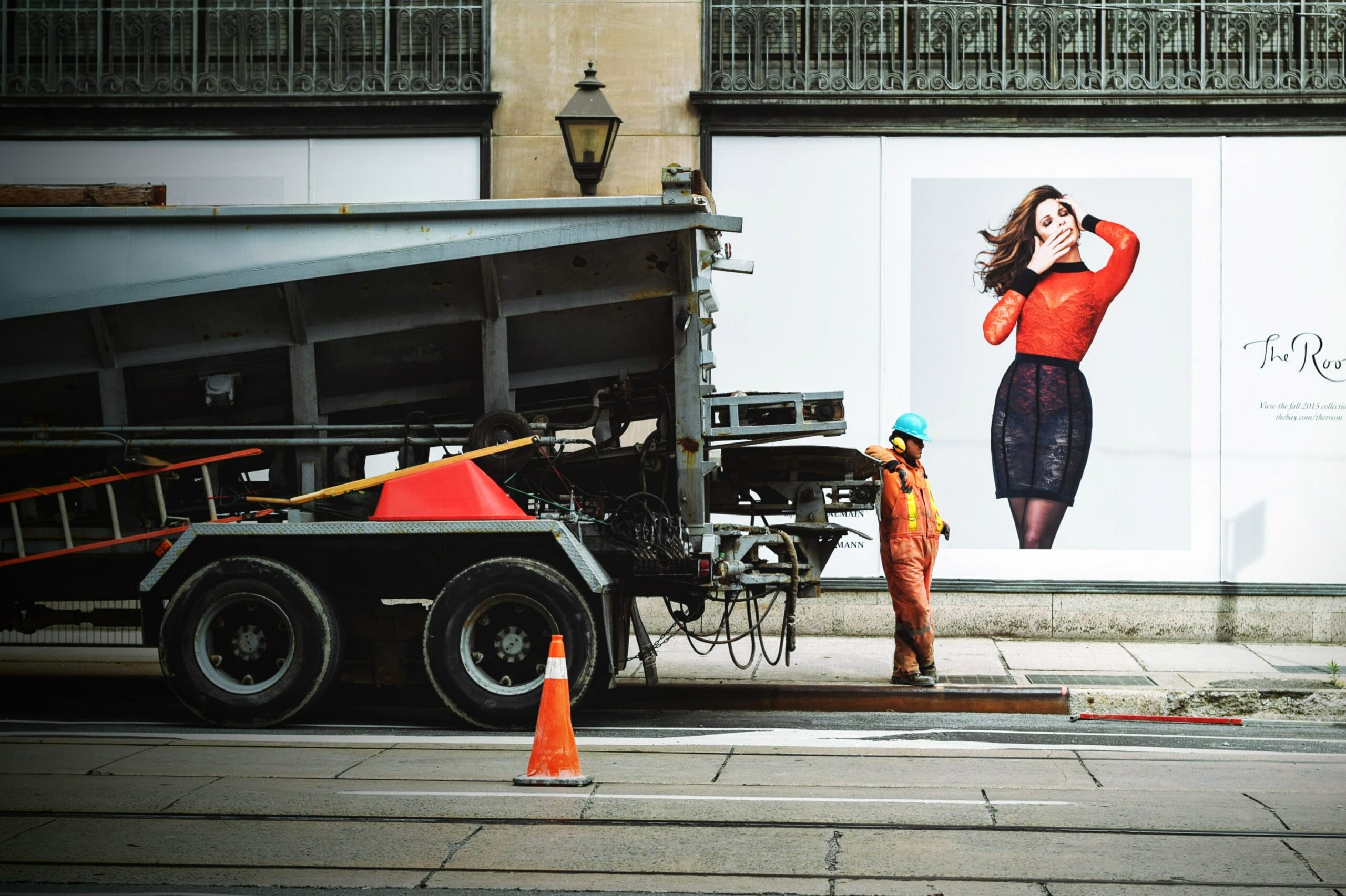Misappropriation of publicity involves the unauthorized use of someone’s name, likeness, and/or identifiable personality traits without authorization. A lawsuit can be filed against someone or a business for doing this. Misappropriation of publicity is similar to lawsuits that can be filed for misappropriation of name and likeness. The difference is that, in most states, misappropriation of publicity applies only to sufficiently famous persons. The underlying idea is that a truly famous person can “monetize” their name and likeness. Likewise, the authority to use their name and likeness can be sold for commercial gain. Thus, allowing some person or business to use a famous person’s name and likeness with authorization (and payment) is a form of theft.
In other states — such as Texas — misappropriation of publicity is only for those who are deceased and lasts for fifty years after the person’s death. Tex. Property Code Ann. § 26. The right of publicity is designated by statute as a property right that can be sold, assigned, or bequeathed in the manner of other property before death. Either the Estate, the assignees, or the heirs of the decedent are the proper parties to sue if the right of publicity is misappropriated in jurisdictions like Texas. If you think you have a case for misappropriation of publicity, contact us here at Revision Legal. Our number is (231) 714-0100. We are proven litigators specializing in internet law and protecting intellectual property rights.
What Must be Proven?
Like other types of misappropriation, three legal elements must be shown to win a lawsuit. These legal elements are:
- Use of a person’s name, likeness, or other identifiable characteristics
- Said use was without authorization or legal exception — such as for fair use or to identify a person in a news article, for example
- Said use was for the other party’s advantage or attempt to gain an advantage — such as use in marketing for commercial advantage
Note that it is not generally required that the third-party unauthorized user obtains the benefit sought (like sales and profits) and it is not necessary for the person suing to show any damage or loss of some advantage (like sales or profits).
An identifiable personal characteristic can be about anything. In one case, Bette Midler was able to win a misappropriation of publicity case when an advertiser used a singer who sounded like Midler in a TV commercial. Midler’s voice is unique and identifiable.
What Happens if a Person/Business is Found Guilty of Misappropriation of Publicity?
If a person or business is found guilty of misappropriation of publicity, monetary damages can be awarded and a court order can be issued prohibiting any further misappropriation and/or abuse of an individual’s name, voice, signature, or likeness. Money damages can be based on statutory damages. In Texas, the statutory damages are actual damages or $2,500. Money damages can also include the disgorgement of any profits made by the unauthorized user, punitive damages, and reasonable attorney’s fees and court costs.
Contact Revision Legal For more information, call Revision Legal at 231-714-0100. We are internet and social media influence attorneys with proven experience with IP protection, misappropriation cases, and complex litigation. We are lawyers specializing in internet law.




